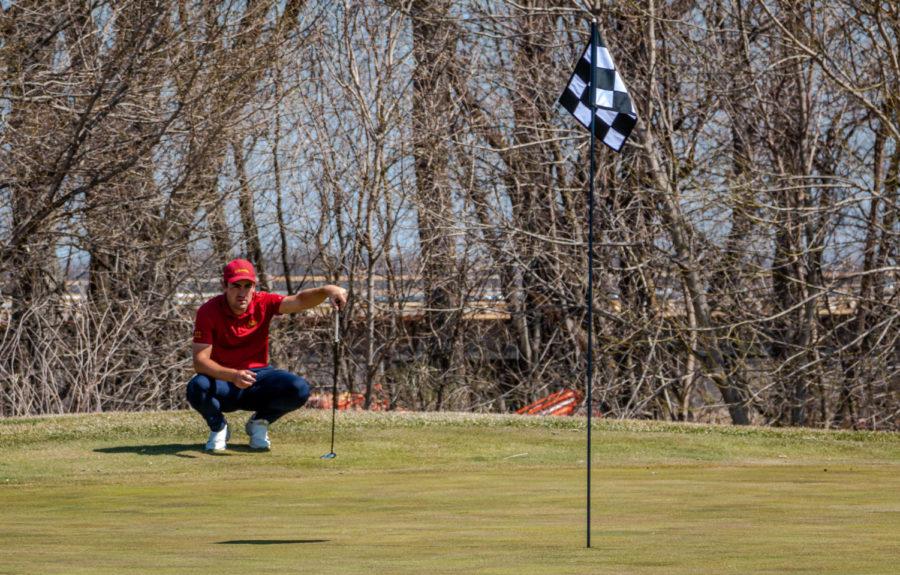Relationships in popular media alter romantic expectations
Courtesy of Eric Ward on Unsplash
The media often portrays unhealthy, even dangerous, relationships.
March 27, 2022
Media is largely for entertainment, but often the amplified messaging people see surrounding different topics can create more of a difference in everyday lives than we expect.
While this exaggeration can make for content that viewers want to repeatedly come back to, it can also create a sense of falsified exaggeration in people’s lives.
Shows like “Euphoria” and “You,” as well as films like “Twilight” can offer a perspective on relationships that creates unhealthy ideals.
“Usually, media is meant to get as many people to watch as possible,” Kareccia Crawley, a sexual assault advocate for ACCESS in Iowa, said. “Sometimes the best way to engage an audience is to throw things in that are red flags but then turn it around and romanticize them.”
Relationships in the media are often portrayed with a level of drama that is not always common in day-to-day life. While many couples find themselves living a generally easy existence, in the media, it often seems that regular relationships with good communication are one in a million.
“Those aren’t fun to watch, those are boring,” Susan Stewart, a professor of sociology at Iowa State who teaches a class on the sociology of intimate relationships, said. “People want to see the drama and the back and forth. I also think that a lot of times relationships are too complex for them to really be adequately captured.”
While individuals may think that watching their favorite shows is simply a passive activity, the ideas taken from media affect their perception of the world.
When it comes to relationships, the idea that drama is not an integral part of dating needs to be normalized. It’s dangerous for people to see abusive and toxic behaviors commonly shown in “loving” relationships on TV.
“I think a great example is ‘Grey’s Anatomy,’” Jada Alexander, an advocate for ACCESS, said. “Meredith and Derek’s relationship wasn’t always the most healthy but there are so many seasons of that show and they always ‘find their way back’ to each other. I think that sets an idea that if you’re in that kind of relationship maybe that person will eventually come back around.”
Tropes commonly float around media surrounding relationships such as enemies to lovers or the partner who simply “loves” the other so much that they constantly need to be around them. While these can seem romantic in stories about love, in reality, these behaviors can be red flags of something worse to come.
“Something I see a lot in the media is this idea of romantic love that is intense and out of control and it is something that happens to you instead of you creating it between both individuals,” Stewart said. “There’s this idea that love is obsessive and there’s nothing you can do about those feelings and so we celebrate it.”
Looking into our own lives, it is important that we are able to find the differences between what is made for consumption and then what will actually be suitable for a long-lasting and healthy relationship.
Although the signs can sometimes be subtle, there are ways to notice if you or somebody around you has gotten into a situation that may not be the best for overall well-being.
“Something that often comes to my head is when you have a normal routine for your life and the way you do things and then your partner decides they don’t want you to do those things and so you stop doing them,” Crawley said. “A healthy relationship is a supportive relationship and so there can be conversations about issues but your partner should be allowing you to come to them as you are.”
Often when survivors find themselves in abusive or toxic situations, it can feel as though the fault is all on them and what they did to end up there. However, it is important to remember that the perpetrator of the abuse is always the one who should face the accountability and consequences.
“There’s a lot of blame and it isn’t easy to leave,” said Stewart. “It often takes multiple attempts for an individual to escape an abusive relationship and so offering avenues of support such as simply being there and listening or providing resources and reassurance is so important, and you always start by believing them.”
For those who know anybody or are themselves struggling through an abusive or toxic situation, ACCESS is a care center with locations around Iowa in Story, Marshall and Boone counties.
“We are peer counselors and trauma informed counselors,” Alexander said. “We offer basic processing, coping skills, grounding techniques and many more skills like that. We like to tell people that we work alongside their therapists and psychiatrists because two or more is always better than one.”







